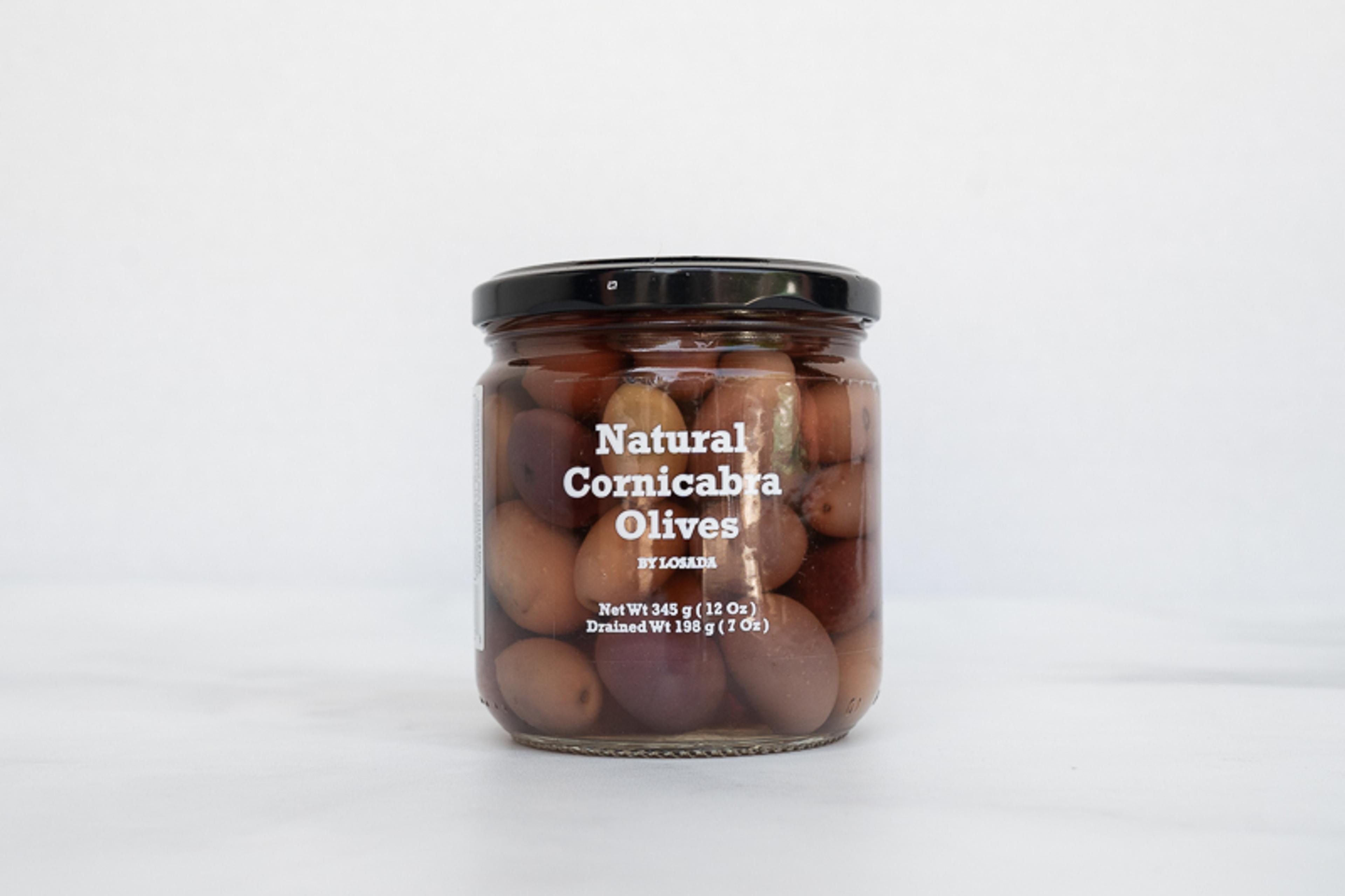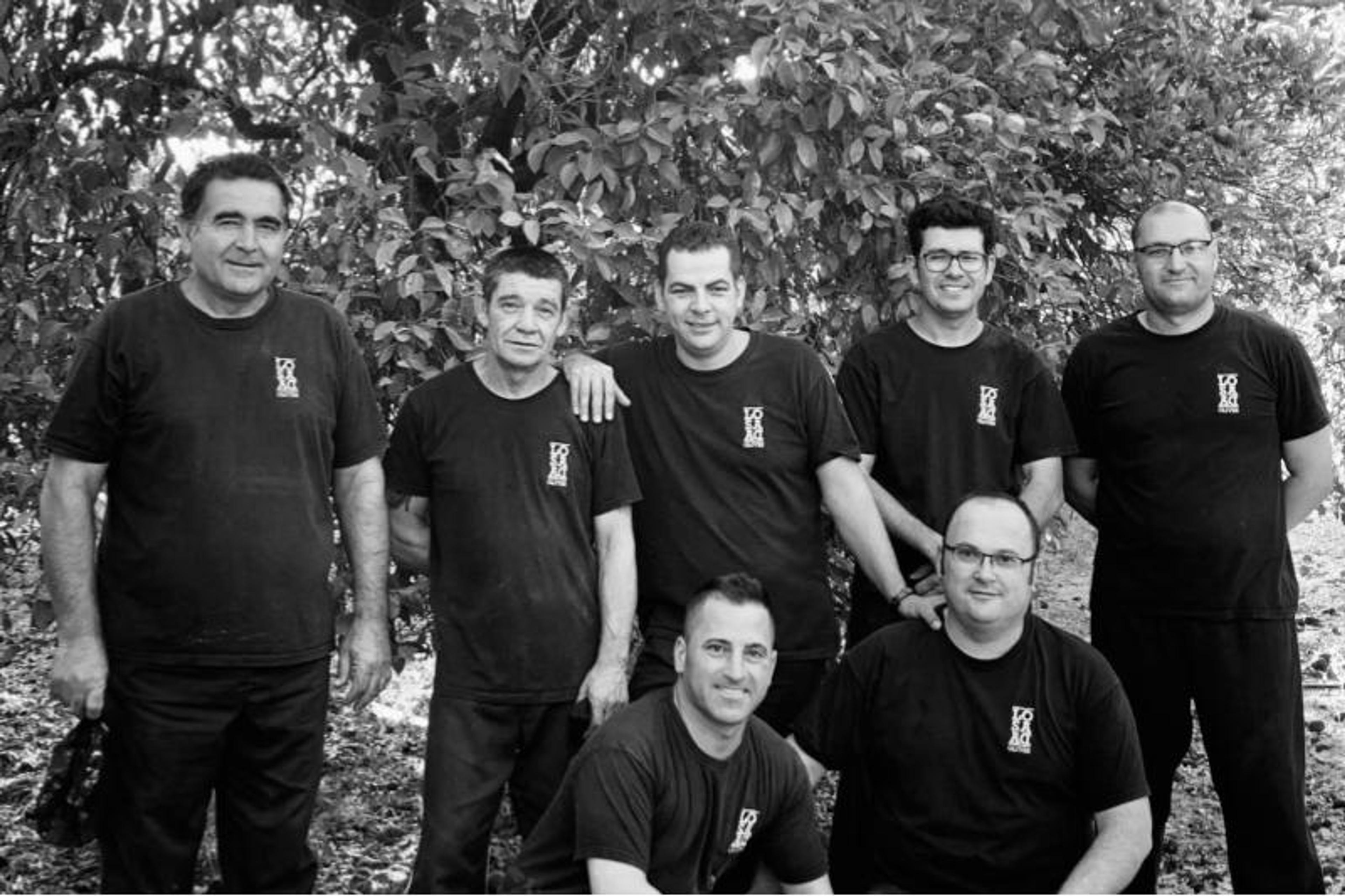7.0 Ounce
The Cornicabra olive is a widely cultivated variety in Spain with its origins in the region of Toledo. It’s name refers to the pointed goat horn shape of the fruit. Losada source Cornicabra from farms in Toledo as well as Ciudad Real, Madrid, Badajoz and Caceres, and cure them in Carmona in a natural brine without the use of lye. This variety is typically harvested between August and October while halfway through maturation on the tree which achieves a gradation of color from pale pink to dark purple in the finished olive. Although primarily used in olive oil production due to its excellent yield of oil, it is regularly eaten as a table olive in regions of cultivation. Enjoy these on their own with a glug of O-Med extra virgin olive oil, add their unique shape and color to a customized olive mix, or chop into tapenade and sauces for a savory addition to dishes.
Olives contain pits.

